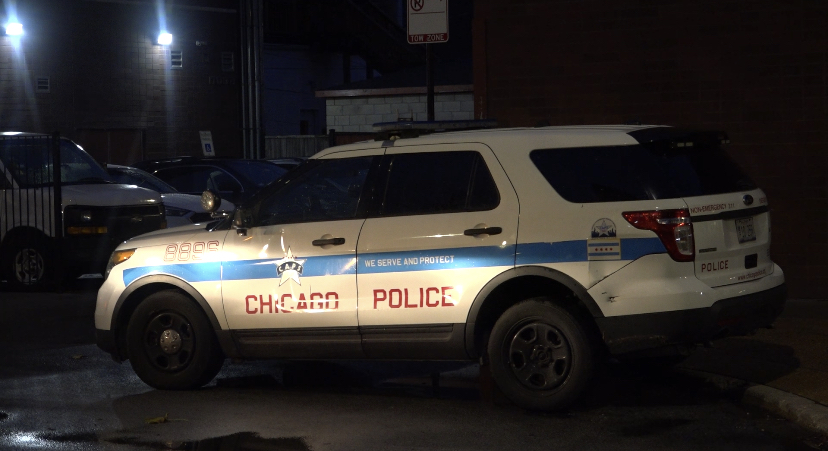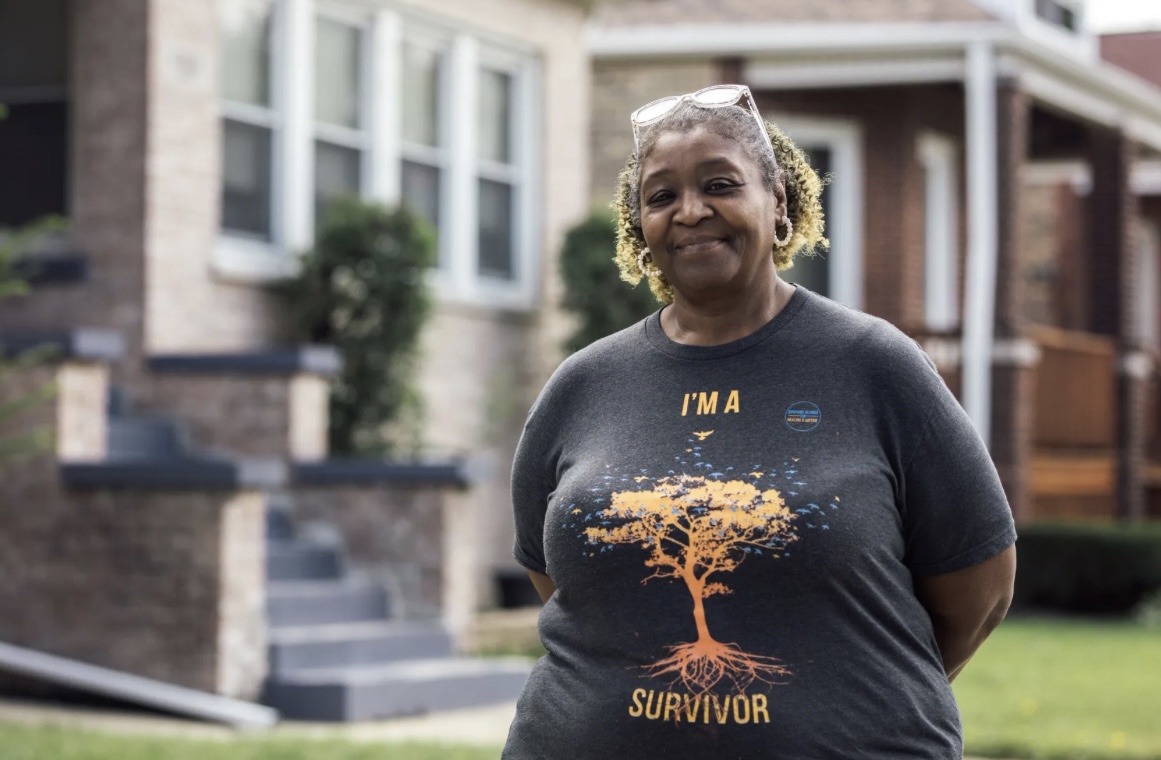IL Latino News produces stories focused on the responses to the social determinants of health and democracy.
120 candidates filed petitions for Chicago’s newly-created District Council positions on Nov. 28, a few months ahead of the February 2023 municipal elections. City voters will be able to elect three members in their police district for the first time, along with the next mayor, city clerk, city treasurer, and alderpeople.
These positions form part of a new system for police oversight, accountability, and public safety in the city. Called Empowering Communities for Public Safety (ECPS), this coalition encourages community engagement and input to hold police accountable and create safe neighborhoods.
ECPS now oversees the Chicago Police Department (CPD), the Civilian Office of Police Accountability (COPA), and the Police Board.
“We believe that it’s necessary for the community to have not just a voice, but a decisive voice in what happens in their communities around policing and public safety,” said Dod McColgan, Co-Chair of Chicago Against Racist and Political Repression (CAARP).
The ECPS ordinance passed through City Council in July of 2021. It was created by the Grassroots Alliance for Police Accountability (GAPA) and Civilian Police Accountability Council (CPAC) with support from thousands of city residents and several churches, labor unions, and community and faith-based organizations.
Under the ordinance plan, District Council positions were created in each of the city’s 22 police districts. Voters will be able to elect three members in their district in the upcoming local election, a total of 66 positions citywide.
District Council members will have several key roles:
● Serve as the eyes and ears of the community
● Hold monthly public meetings
● Collaborate in the development and implementation of new safety initiatives
● Get input on police department policies and practices
● Ensure that the city-wide Commission gets input from the community
● Nominate members of the Community Commission for Public Safety and Accountability
“No, you can’t do that”
William Guerrero is a 21-year-old native of the Southwest Pilsen neighborhood and is running for District Council in the 12th District. He is the youngest candidate running for the position and is motivated by the needs of people in his community as well as setting an example for young people.
The 12th Police District includes east parts of Pilsen, parts of the West Loop, Near West Side and Wicker Park. Between 2019 to 2021, the district saw a substantial increase in carjackings and murders, according to Block Club Chicago.
“A lot of events have happened to the point where I see youth getting killed by the police,” Guerrero said. “And I’m like, ‘No, you can’t do that’. You signed an oath to protect and serve the community and by killing the kids … it’s not right.”
ECPS also created a city-wide, seven-member Community Commission for Public Safety and Accountability (CCPSA) that will decide CPD policy, establish public safety goals, and play a central role in selecting police leadership. Members on this commission are nominated by District Council members and the mayor, and are confirmed by City Council.
CPD, historically known for police misconduct and abuse, was placed under a federal consent decree in 2019, following a U.S. Department of Justice investigation into the fatal police shooting of Laquan McDonald in 2014. This court-mandated settlement was initially set for five years but was extended out to eight years in March.
The early years of the consent decree were beset by missed deadlines and lagging compliance, according to WTTW.
“Long overdue” and a “step in the right direction”
McColgan said ECPS is the “most democratic police accountability structure that exists anywhere in the country.”
“There are other attempts at civilian oversight in other cities– what makes ours unique is specifically cops being barred from participation,” McColgan said. “Frequently, when cities attempt to implement some form of civilian oversight, they want to bring police together at the table with residents and that is a table that is going to be by its nature tilted toward the police.”
Ald. Byron Sigcho-Lopez (25th), who supported the passing of the ECPS ordinance, said the new system is “long overdue” and a “step in the right direction.”
“This was something that Mayor Lightfoot campaigned on when she ran for office– civilian oversight of the police,” Sigcho-Lopez said. “In fact, Mayor Lightfoot promised to do this within the first 100 days in office. I mean, we’re barely implementing this towards the end [of her term].”
For the upcoming municipal elections, Sigcho-Lopez stresses the need to not only support progressive police accountability structures but also to demand that candidates running for mayor support police reform.
“When people are campaigning as a progressive, I think that we have to ask people for a plan: what is the plan when it comes to working with ECPS? Working to hold CPD accountable and actually changing the practices of the department?,” he said. “Not to come and, unfortunately, as we saw in the last three years, to say one thing in public but do a separate, completely different thing when they’re governing.”
ECPS faced many struggles and opposition from city officials in informing the public about its existence before the ordinance passed last year, including obstruction from certain alderpeopleto get the ordinance passed. Now, McColgan says the city is “dragging its feet” on informing the public on the District Council positions.
“We’re spreading the word as much as we can about their existence,” McColgan said. “But any help that people can provide in spreading that word and letting people know, ‘when you go to vote in February, you’ll have a district council member on your ballot, and that’s the person that’s supposed to represent you and your community on issues of police accountability and public safety’.”
“[These are] really important issues that are relevant to all of us. So, pay attention to that, pay attention to who your district council members are.”

Stephania Rodriguez is a Depaul University student majoring in Journalism and minoring in Latinx Media and Communication.
Stephania was one of six fellows in the inaugural Journalism Camp: Covering Race, Ethnicity, and Culture sponsored by the Hortencia Zavala Foundation (HZF).
The annual first-in-class free 12-week program led by the Owner/Publisher of the Latino News Network and twice president of the National Association of Hispanic Journalists (NAHJ), Hugo Balta provides practical guidelines for fair and accurate storytelling.
IL Latino News partners with DePaul University and many schools of higher education in providing students mentoring and real work experiences.




